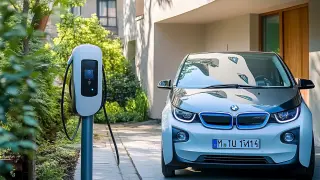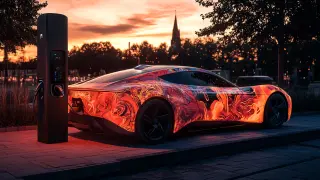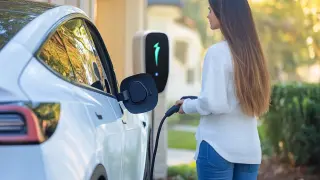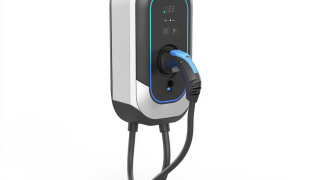In such a scenario, with different government mandates, it is imperative to have standardized certifications for EVSE home chargers. In a world where the demand for efficient and reliable charging solutions is growing, the understanding of international standards dictating these certifications is very important for both manufacturers and consumers. This article would elaborate on the details of EVSE home charger certifications-how they define safety, compatibility, and performance in an increasingly electric-driven world.
Foshan Putaineng Charging Equipment Co., Ltd. is mainly involved in research, development, and manufacturing of charging piles and new energy equipment, and accordingly committed to building inventively developing charging solutions that are aligned with global standards. Portraying the significance of EVSE home charger certifications, we aim to enlighten our readers so as not only to increase their knowledge but also empower them to make wise decisions while investing in charging infrastructure for electric vehicles.
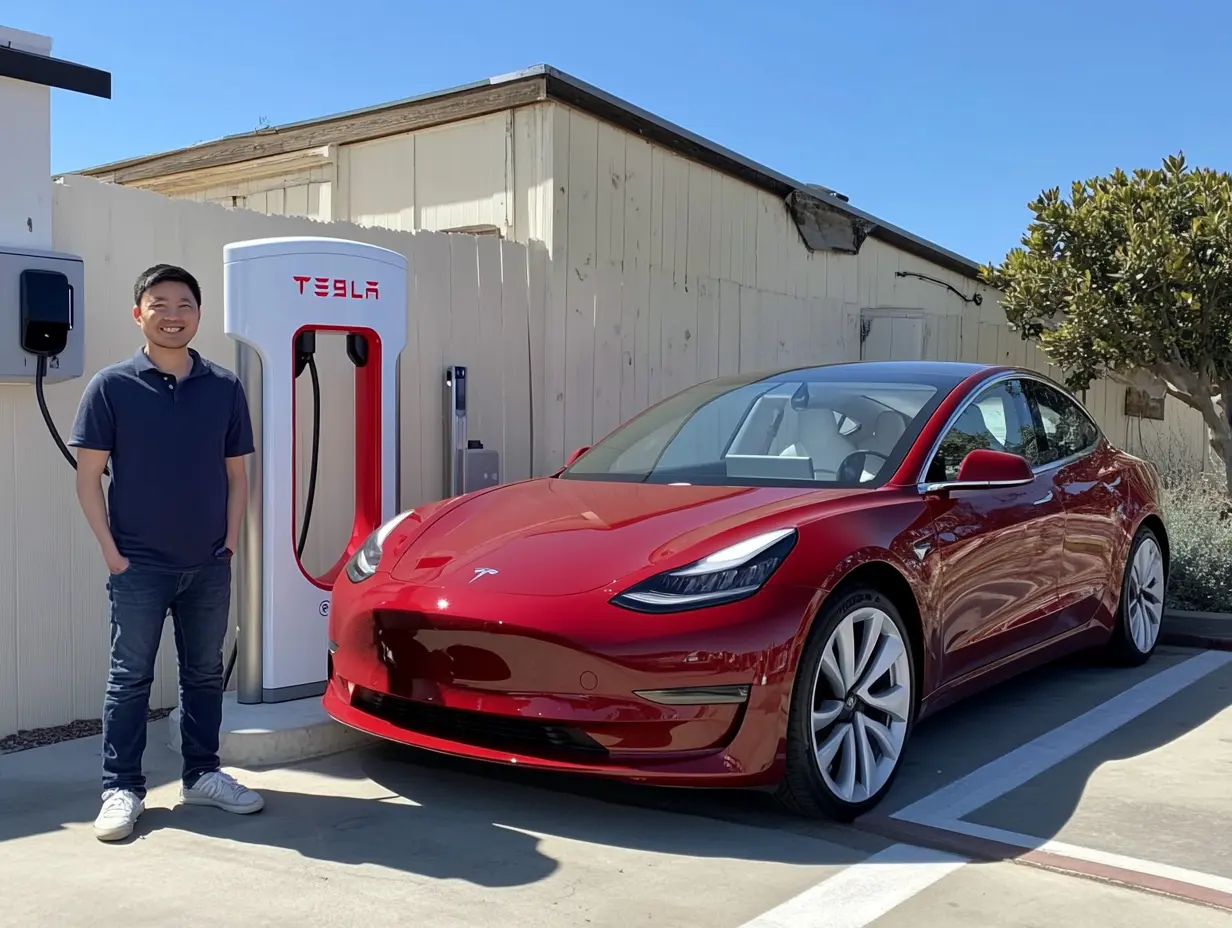
The landscape for EVSE home charger certifications changes rapidly to meet increasing demand in electric vehicle (EV) infrastructure. Global standards have been recently adopted on new advances for safety and efficiency purposes to meet customer expectations in manufacturing home chargers. Emerging certification is for home chargers for communication with the vehicle, thus improving the experience without compromising on safety protocols. There has also been ongoing development in bi-directional charging technologies which promotes an ecosystem of sustainable energies. With manufacturers coming out with products on vehicle-to-grid (V2G), standardization of certifications is becoming increasingly important. These not only promise significant improvement in charging efficiency but also make EV owners contribute positively to energy management. dynamic changes taking place within the industry are evidenced by the transition to an all-inclusive certification framework that guarantees interoperability of charging solutions and wider access for the whole spectrum of the EV space.
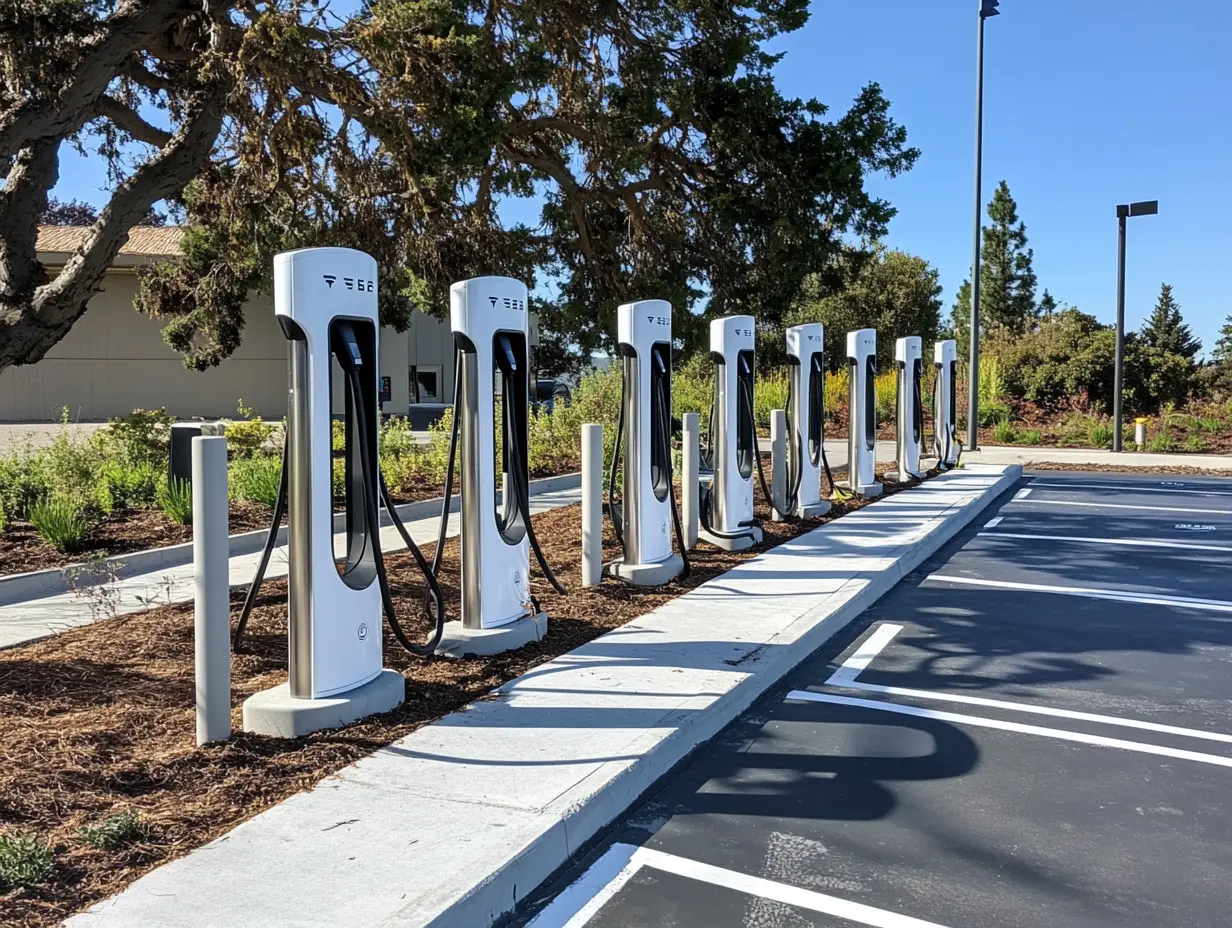
Halfway through its rapid trajectory of development since the beginning of this century, the market for electric vehicle (EV) charging has turned into a specialty market in its own right, with demand for certifications becoming paramount to ensure safety and reliability among consumers. Most of the well-known EV chargers on e-retail sites have not been properly safety tested, increasing consumer worry regarding the quality of these products. Retail giants enforce stringent requirements for third-party safety testing and certification so that consumers can be better assured that the products they buy are safe from an independent viewpoint.
The trend now is for manufacturers to obtain certifications in order to enhance their product proposition. An excellent example of this trend is the certification of detachable cable EV chargers under the strictest safety standards. Certifications are therefore a guarantee for safety and an assurance of the solid structure to support the burgeoning EV market. While these certifications develop as standards under the Biden-Harris Administration, the last thing we need is another inconsistency in certification that would affect the overall reputation of a credible charging network made in America, which consumers should be able to rely on.
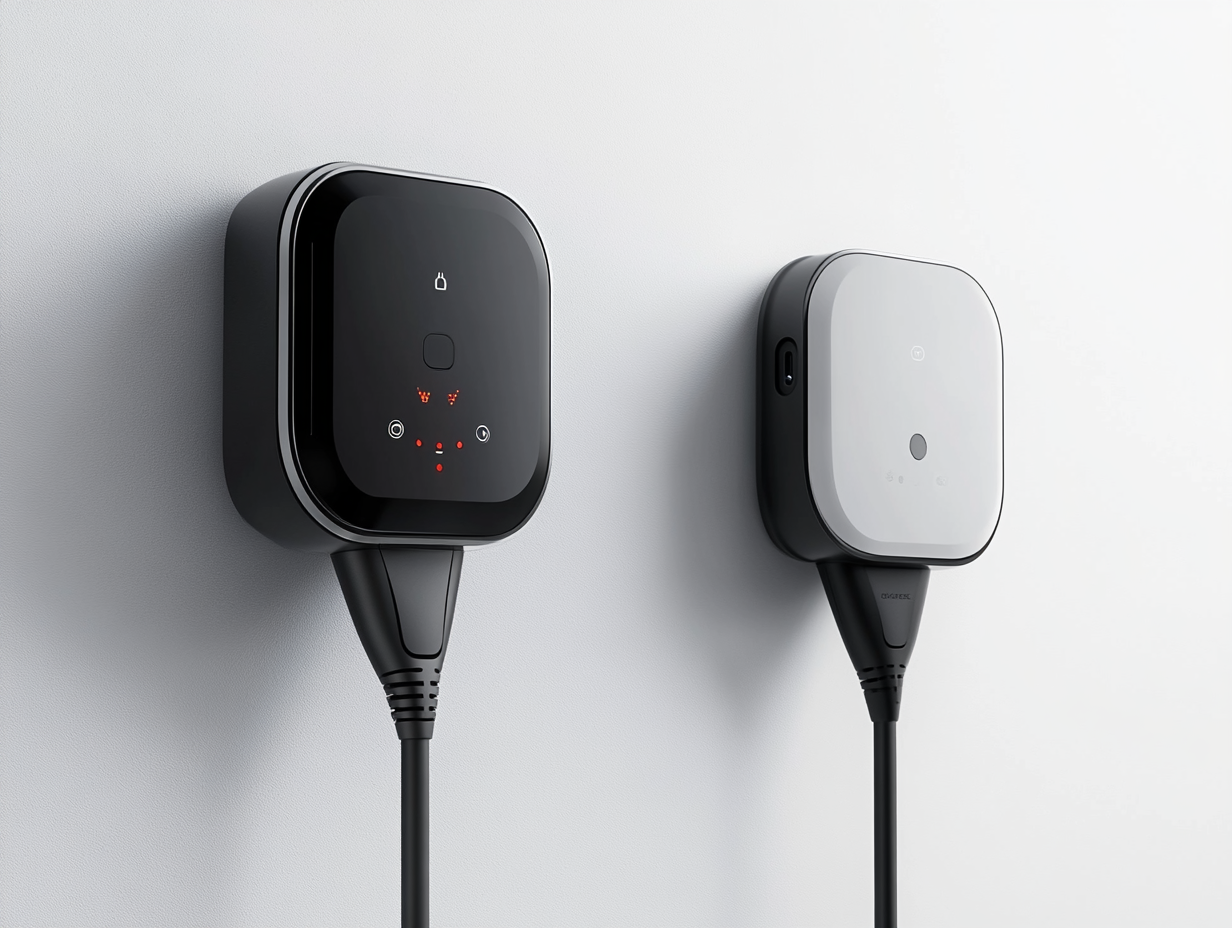
On the fast track to development, electric vehicle charger certifications represent an arena that is not only growing but also evolving with the involvement of organizations that ensure safety and reliability. Among these, UL and SAE International are central to the formation of standards that must be followed by manufacturers of EV charging equipment. Currently, with the historical announcement of the first UL certified detachable cable EV charger, it indicates a slew of rigorous testing that is now requested. This is ultimately a leap forward in increasing safety within the industry.
On the other hand, given the Biden Administration's and President Harris's commitment to a strengthened EV charging network, certified products are equally required. Consumers must know that with the expansion of markets, a lot of popular charging stations, even if readily available, could fail to meet some established criteria for safety. Therefore, continuing developments in certification processes within the parameters of which safe and efficient development of EV charging solutions could be propelled in the world over.
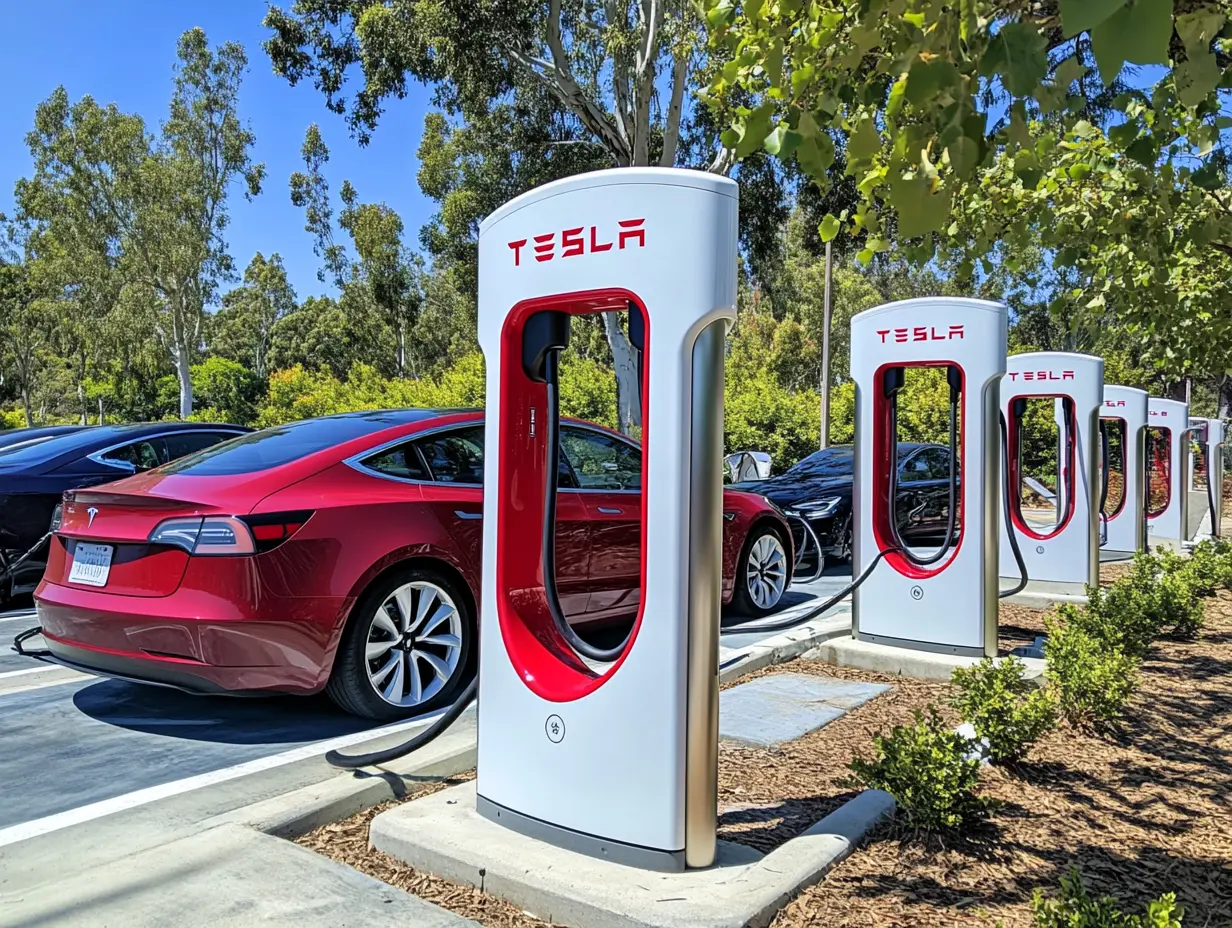
"While the electric vehicle (EV) market is currently growing, it becomes more and more important to understand the different certifications involved in Electric Vehicle Supply Equipment (EVSE) home chargers. These safety, performance, and interoperability certifications ensure safety, reliability, and interoperability among different charging systems. Because the latest developments surrounding EV charging standards-feature the new SAE International guidelines-it tells a tale of how a standardized process will work not only for manufacturers but also for consumers.
Just as nations are developing their own regulations and standards with a universal push toward a solid charging infrastructure, the revised guidelines by India's Bureau of Energy Efficiency are going to be very critical for EV charging station operators in line of their compliance. Likewise, the emerging wireless charging standards will make charging much more flexible and efficient, consistency with the evolutionary dynamism of the EVSE technologies. This is going to be important for consumers as their innovations will continuously improve while standards would emerge, leaving consumers abreast of such certifications."
However, what is of more significance is that the EVSE certification landscape shows variation over some regions because of the local regulations and industry standards. It announced a significant development where SAE International makes great strides in standardizing bidirectional communication between EVs and chargers. With charging efficiency and interoperability, it will affect the aforementioned two topics. New standards shout for manufacturers and technicians reliance on some regional specifics, which shall have an effect on certification processes and performance.
Although companies are investing collectively on certifications already in the global market, most of them are region specific. An example is a forthcoming certification for EV charger repair technicians, stressing the urgent need for maintenance and repair expertise for public charging stations. Moreover, the latest Level 2 chargers are subject to many certifications, including UL 2594, that provide safety and performance criteria relevant to different markets and boost consumer confidence in the adoption of EV technology.
The relevance of e-vehicle supply equipment (EVSE) standards manifests in their greatest impact on consumer safety and vehicle compatibility. These enable interoperability testing to be performed with many vehicles in the market when it comes to chargers and vehicles and how much they can be used, together, by others. History shows that some manufacturers did have to abandon fast charge options due to under-testing which only stresses the need for sound testing of unified standards.
The latest announcements by the international standards organizations such as SAE International are meant to improve the compatibility and safety of different EV chargers. These include new wireless charging standards and certification for technicians who will conduct maintenance and repair of these systems. Such standards are set to gain more importance as the electric vehicle market continues expanding, ensuring that consumers are assured of reliable and safe charging options, thus encouraging even more adoption of electric vehicles.
Transitional developments in EVSE home charger certification underline the necessity for standardization in testing the various equipment across the industry. With the advent of new regulations, such as that from the Bureau of Energy Efficiency in India, the operators must continuously keep an account of these parameters to ensure compliance and safety for a given operation. The revised guidelines stress the need for proper certification thus instilling confidence in consumers regarding electric vehicle supply equipment.
The testing procedures for EV chargers conventionally include stringent evaluations for safety, performance, and energy efficiency standards. The emergence of new certifications, such as those attained recently by some manufacturers, strengthens their commitment to high quality and reliability in the EV charging space. As the market continues to expand, the operators must prioritize the marketing of certified products that not only meet the legal requirements but also satisfy customer expectations.
This certification process of electric vehicle sod supply equipment (EVSE) is one area the manufacturers have to comply with the global standards. While the demand for home EV chargers is really on the high, keeping oneself informed on necessary certifications becomes a must. In recent updates, major developments have taken place in the domain of certification standards, with the introduction of new guidelines on bidirectional communications between the electric vehicle and the chargers so that smarter charging solutions can be afforded, thereby allowing for efficient charging solutions.
On the other hand, manufacturers are working toward meeting these standards, such as the high-capacity chargers that are now undergoing industry certifications to address both safety and performance. This way, manufacturers can leverage their position and fast-track compliance with emerging regulations and certification requirements to ensure their products are made to meet customer demands and regulatory requirements in the rapidly changing EV environment.
The most recent of the developments is the establishment of EVSE certification standards marking a significant step forward in the enhanced safety and interoperability of electric vehicle charging solutions. The SAE International edition of the J3400 standard is quite a milestone in providing manufacturers with guidelines that ensure safe plug-in operations with various automakers. Thus, it is an important step toward charging standardization and consumer confidence as the electric vehicle adoption keeps on accelerating.
In alignment with this, the development of certification protocols for EV charger maintenance technicians serves yet another urgent need in the field. As the public charging infrastructure grows, the need for certified technicians to maintain the chargers becomes even more relevant. In addition, new wireless charging standards echo another commitment to innovation for the future of EV charging-safety and user-friendly efficiency. These trends presage a future in which standardization will play a critical role in developing and improving access to electric vehicle charging networks.
It is true that the politics of certification has had a great impact on EV charging adoption rates. The introduction of the J3400 standard by SAE International is fast becoming an effective way to get safe plug-in systems on the market-alleviating concerns from potential customers and prompting more manufacturers to enter the market. According to this certification, it is the kind of commitment around safety and reliability that is the key to adoption by the general public toward electric vehicle acceptance.
Aside from that, more recent instances present the growing wave of certification across the EV charging spectrum. A significant manifestation in this development is seen in how a portable EV charger received the UL 2594 certification as testimony to the contributions of safety standards to consumer confidence. As manufacturers invest in compliance with recognized certification processes, the expansion of accessible and reliable EV charging infrastructure becomes feasible and directly affects everyday consumers.
Key organizations involved in EV charger certifications include UL (Underwriters Laboratories) and SAE International, which set standards that manufacturers must follow for EV charging equipment.
A significant recent development is the announcement of the first UL certified detachable cable EV charger, showcasing the rigorous testing processes now required to enhance safety across the industry.
Certification is important because it ensures that products meet established safety criteria, providing consumers with reliable and safe EV charging solutions as the market expands.
Common testing procedures for EVSE home chargers include rigorous safety evaluations, performance assessments, and compliance with energy efficiency standards.
Evolving regulations, such as those from the Bureau of Energy Efficiency in India, require operators to stay informed about guidelines to ensure compliance and foster consumer trust in electric vehicle supply equipment.
Future trends include the SAE International's introduction of the J3400 standard for safe plug-in operations, the establishment of protocols for EV charger repair technicians, and the release of wireless charging standards to improve efficiency.
The J3400 standard provides manufacturers with clear guidelines to ensure safety and interoperability among various automakers' charging solutions, enhancing consumer confidence in EV adoption.
As public charging infrastructure expands, the need for skilled technicians to maintain and repair EV chargers becomes increasingly important to ensure reliable service.
Certification fosters consumer trust by ensuring that EV chargers meet safety and performance standards, reassuring users about the reliability and efficiency of the charging technology they utilize.
The Biden-Harris Administration is committed to developing a robust EV charging network, emphasizing the importance of certified products to ensure safety and reliability as the market for electric vehicles grows.
